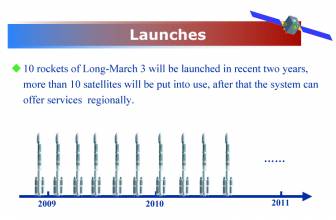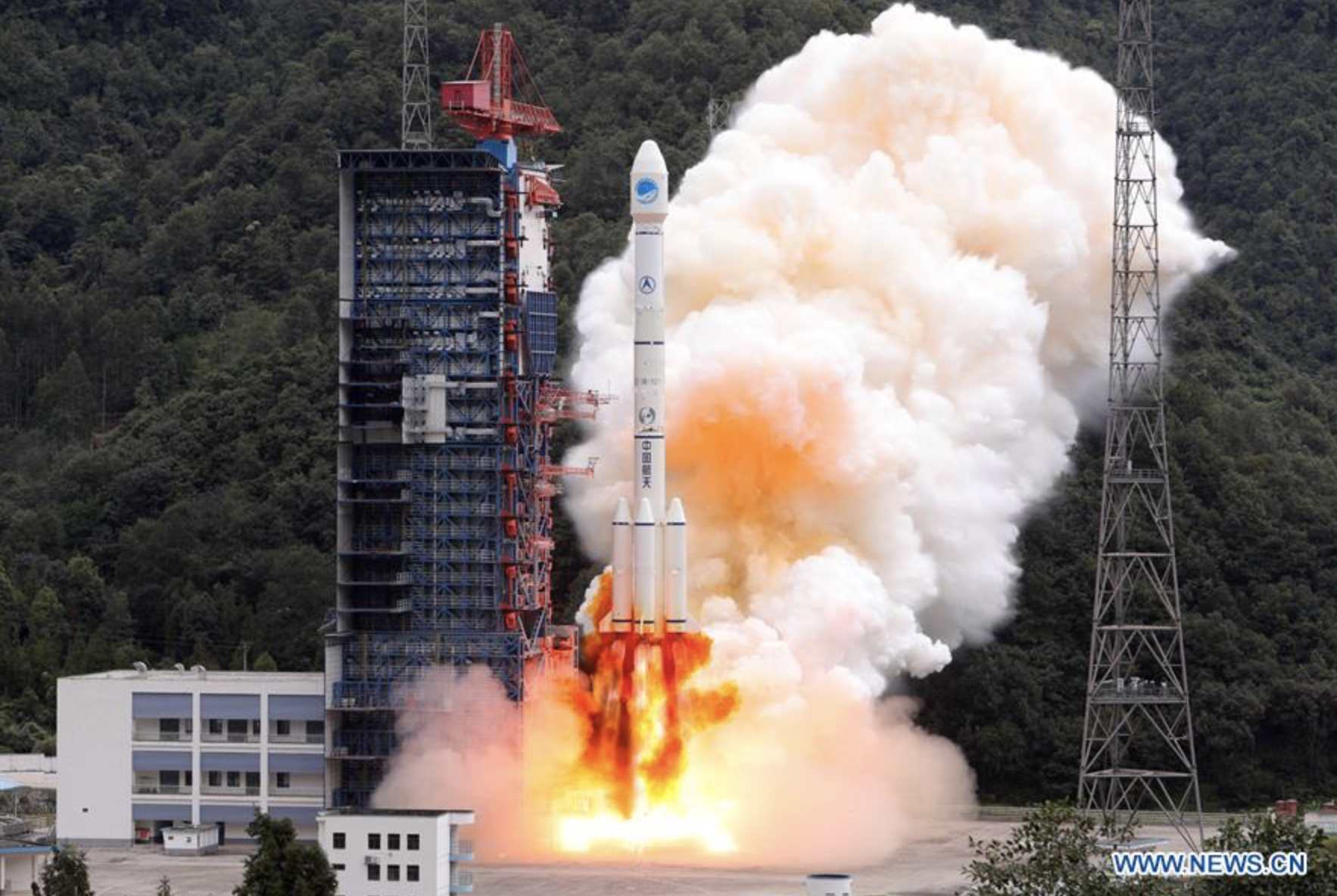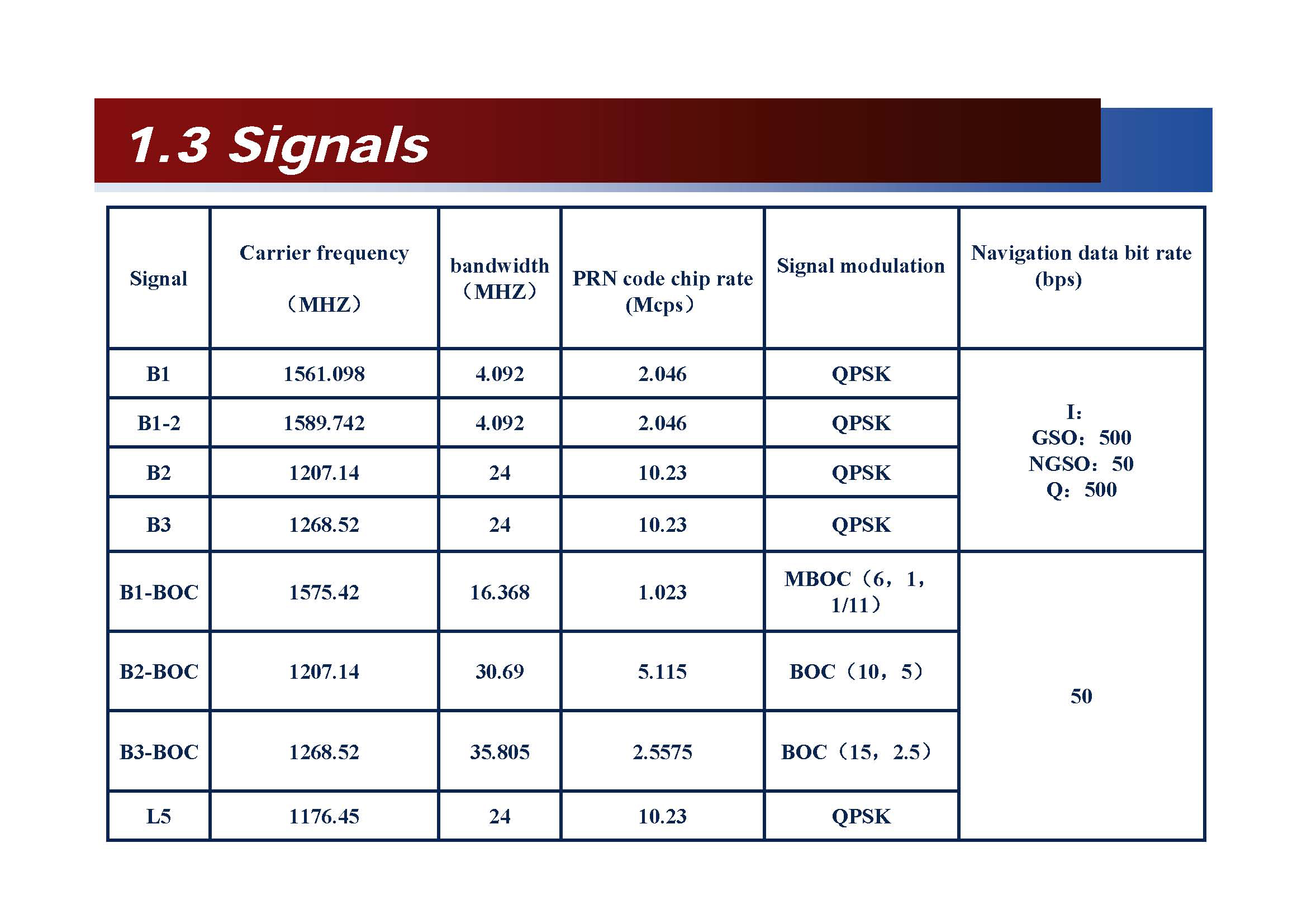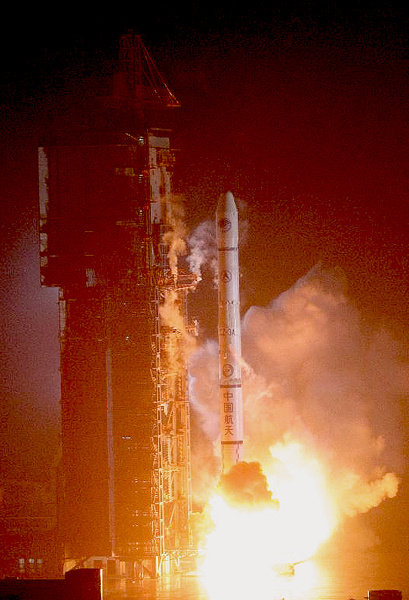 Beidou control room
Beidou control roomCompass/BeiDou-2, China’s GNSS program will launch 5 satellites this year to join the 11 already in orbit, according to Li Xing, a representative of the China Satellite Navigation Office. This will support a planned declaration of initial operational capability (IOC) for a regional system covering 84˚E to 160˚E and 55˚S to 55˚N, he said at the Munich Satellite Navigation Summit in March.
The rapid development of the Chinese system was refelcted in the allocation of its own session during this year’s Summit, the most important GNSS policy gathering in Europe.
Compass/BeiDou-2, China’s GNSS program will launch 5 satellites this year to join the 11 already in orbit, according to Li Xing, a representative of the China Satellite Navigation Office. This will support a planned declaration of initial operational capability (IOC) for a regional system covering 84˚E to 160˚E and 55˚S to 55˚N, he said at the Munich Satellite Navigation Summit in March.
The rapid development of the Chinese system was refelcted in the allocation of its own session during this year’s Summit, the most important GNSS policy gathering in Europe.
Professor Zhao Qile of Wuhan University’s GNSS research center said the positioning accuracy of 10–20 meters within that region available with the current constellation is expected to improve to 5 to 10 meters, based on a 5+5+4 (GEO, IGSO, MEO) configuration by the end of 2012.
Mao Gang, applications director for Unicore Communications Inc., a Beijing-based GNSS manufacturer, described progress that his and other companies in China have made in producing BeiDou-capable receivers in a variety of form factors, including modules and system-on-a-chip designs.
A navigation product line using the BeiDou B1 and GPS L1 civil signals provided real-time accuracy around five meters, Mao said, adding that his company had sold about 12,000 units of the receiver so far. A high precision version combining Compass B1/B2 and GPS L1/L2 signals provides two-meter single-point accuracy, he said.
A member of the audience asked when a complete interface control document (ICD) — including satellite orbits and clock offsets — would be publicly available so as to enable product designers and companies to manufacture BeiDou receivers. Mao’s presentation had made it clear that these details are available to numerous Chinese companies.
The session moderator, Lu Xiao-chun, from China’s National Time Service Center, replied that “our ICD is a test version. The data is not stable now. Maybe by the end of this year we may be able to release an ICD for message data and orbits,” she said.





